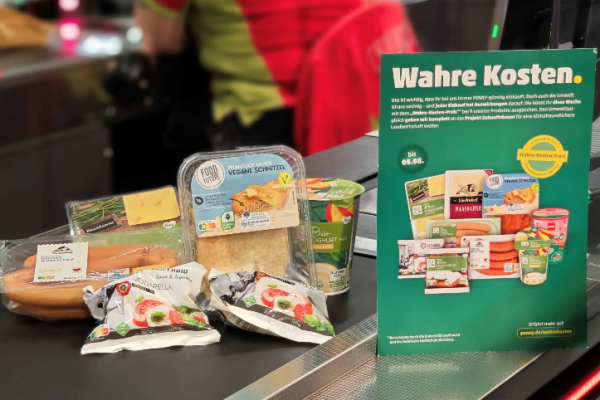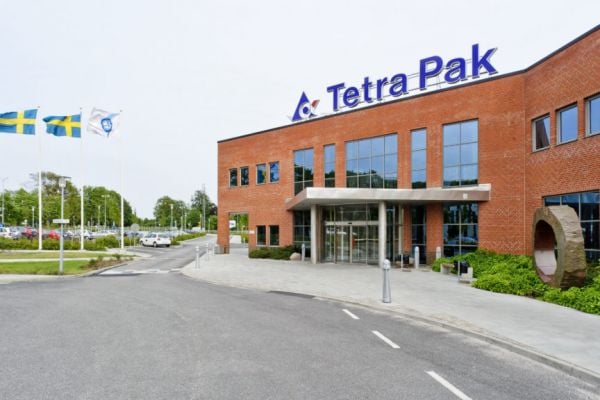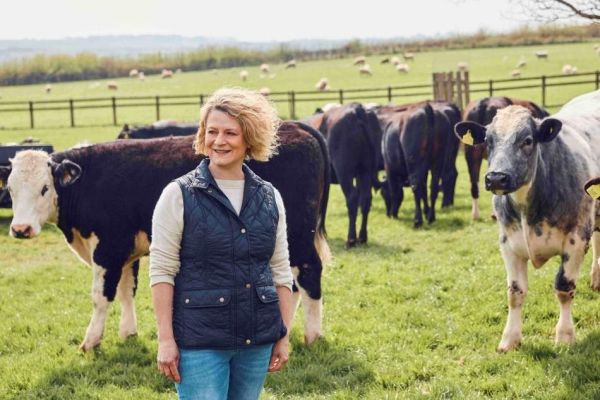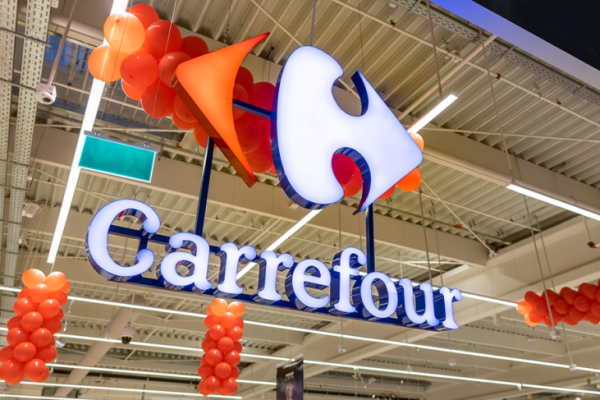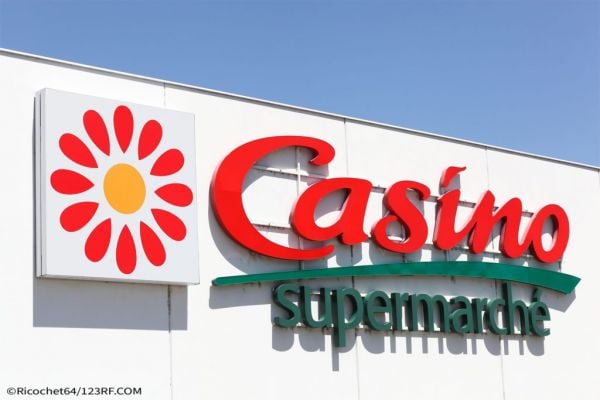Penny's Wahren Kosten [True Cost] campaign succeeded in drawing "widespread attention" to the issue of environmental costs and has contributed to a scientific basis for discussion, chief operating officer Stefan Görgens said in a statement.
The REWE subsidiary shared the initial findings of the week-long campaign from 31 July to 5 August 2023 at the Green Week in Berlin.
The campaign saw Penny charging environmental impact costs, calculated by the University of Greifswald and the Technical University of Nuremberg, on nine selected SKUs.
As part of the project, around 2,255 participants were surveyed before and after the campaign.
One in three respondents considered the project suitable for initiating a political debate on the topic, the retailer added.
'Estimates Of True Costs'
Prof Dr Tobias Gaugler, professor of business administration and finance at Nuremberg Institute of Technology, stated, "After the campaign week, customer estimates of the true costs have risen, both for products that were previously underestimated and for those that were overestimated.
"This shows that the respondents have realised that the true costs are higher than originally assumed. However, there is still no differentiation between products; further socially acceptable and low-threshold educational work is needed to show which products are more sustainable than others. We believe that true cost price labels can contribute to this understanding."
Dr Amelie Michalke, sustainability scientist at the University of Greifswald, added, "Generally speaking, the higher the mark-up for environmental impact costs, the greater the drop in customer demand. 85% stated that the main reason for not buying the products was the price."
"Customers make a slight distinction between products from organic and conventional production: although both show a downward trend, the decline in sales of organic products is consistently lower."
Other Findings
The study also showed that only the vegan products, with a low price premium of only 5%, was in greater demand during the week.
"Support for measures to implement true costs politically (via information, price surcharges or taxes) fell over the week (-19%, -27%, -22%) when consumers were actually confronted with true costs as a result of the campaign," Michalke added.
The retailer donated the campaign revenue of €325,000, which is the difference between the sales price and the true cost price, and an additional €50,000 to Zukunftsbauer (The Future Farmer) - a joint project between Penny, the Berchtesgadener Land dairy, farmers and customers.
The project seeks to contribute to climate protection and the preservation of family-run farms in the Alpine region.
